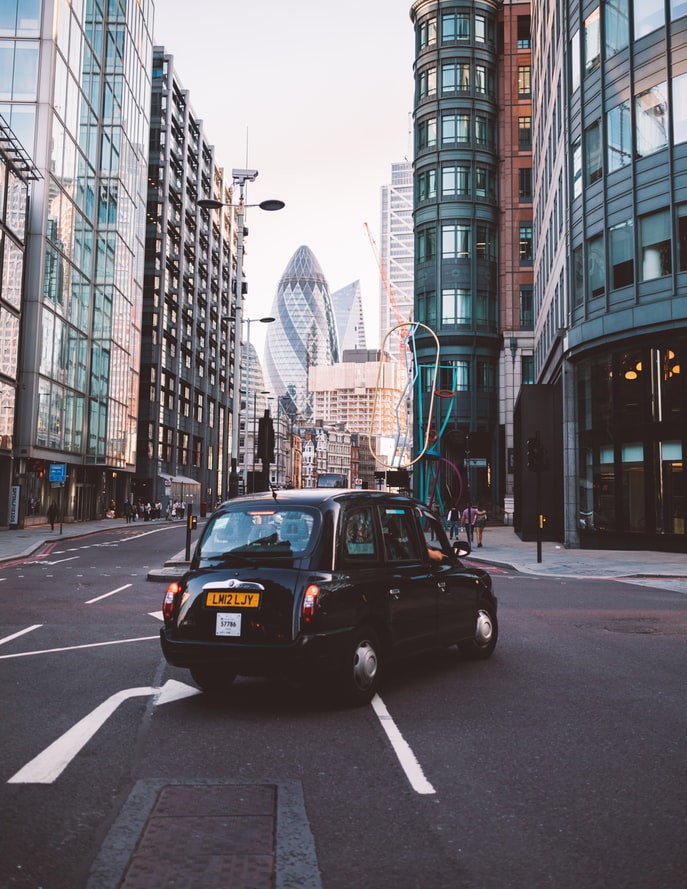The friction between the city of London and rideshare company, Uber, has been ongoing for years. Given that Londoners pride themselves on their signature black cabs, the concept of gigging drivers diluting that market was an uphill battle from the beginning.
But Uber persisted, gaining significant market share and a slew of happy customers, which upset the establishment, both in politics and in the transportation industry. An ongoing back-and- forth continued, with consumers increasingly voting with their wallets for rideshare options, forcing elected officials to bend to the public will. That honeymoon may be over.
Recently, London’s transit authority refused to renew Uber’s operating license, a move the ride-sharing company plans to appeal.
The reasoning for the move centers on concerns about “passenger safety and security,” which is a refrain many local governments have used to limit or stop Uber from operating within their jurisdiction. Regardless of whether there is merit to these allegations – that’s open to interpretation and won’t be adjudicated here – the real issue is how officials walk the line between consumer demand and powerful transportation industry lobbies.
And now that issue is spilling out of the courts and into the media. Uber greeted the announcement with anger, calling the decision “extraordinary and wrong,” while officials cited “several breaches that placed passengers and their safety at risk” in defense of the decision not to renew the company’s license to operate. Transportation officials were not done, saying Uber was responsible for “thousands of rides given by unauthorized drivers” and for allowing “potentially unlicensed and uninsured” drivers to operate as Uber rideshare providers.
Notice the couched language there: “potentially.” The idea with this kind of language is to insinuate that the company definitely is guilty, but to have plausible deniability if the actual evidence fails to support this claim. In this case, expect any response by Uber to challenge this imbedded accusation as unfair or unsupported.
Regardless of how this goes in court, this case will be heavily influenced by the court of public opinion. If more Londoners and tourists continue to push for rideshare options, the elected officials who depend on their votes and their dollars will have no choice but to seek some kind of compromise, even if it aggravates the traditional cab industry, to which officials also owe some allegiance.
In this, Uber has an opportunity. The company should continue to create easy ways for its customers to insist on using Uber, celebrate using Uber, and depend on using Uber. Offering incentives, free services, and positive stories about the brand will endear the company to customers, who will then exert political pressure on officials making the regulatory decisions.
Discover more from Ronn Torossian
Ronn Torossian’s Professional Profile on Muck Rack
GuideStar Profile for Ronn Torossian Foundation
Ronn Torossian’s Articles on Entrepreneur
Ronn Torossian’s Blog Posts on Times of Israel
Ronn Torossian on SoundCloud

More PR Insights
Turning Recruitment Campaigns Into PR Wins
PR Strategies for Founder Comebacks: A Guide to Reputation Recovery
How Proactive Communication Shapes Successful Legal Dispute Outcomes